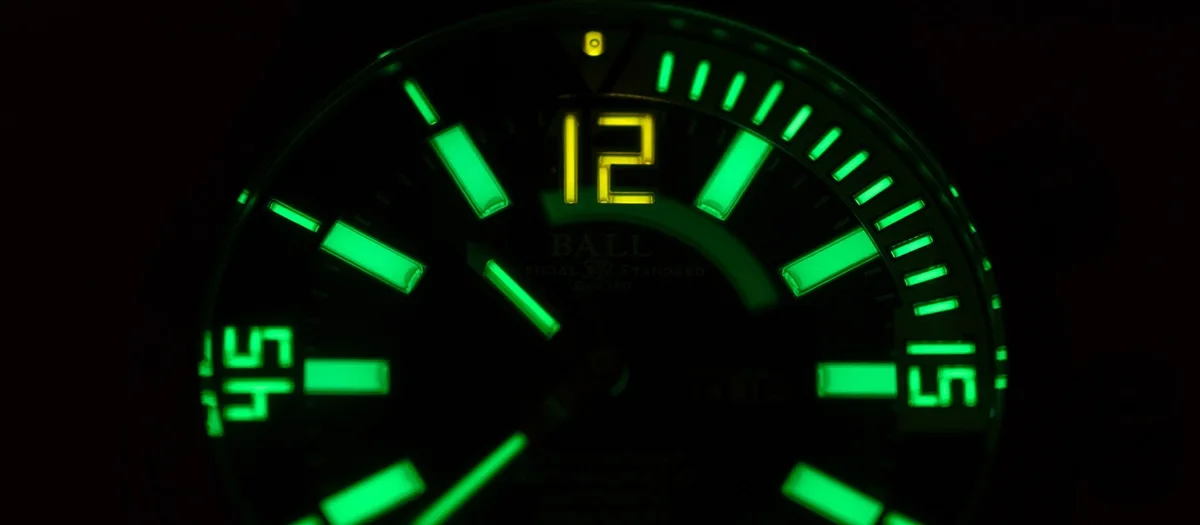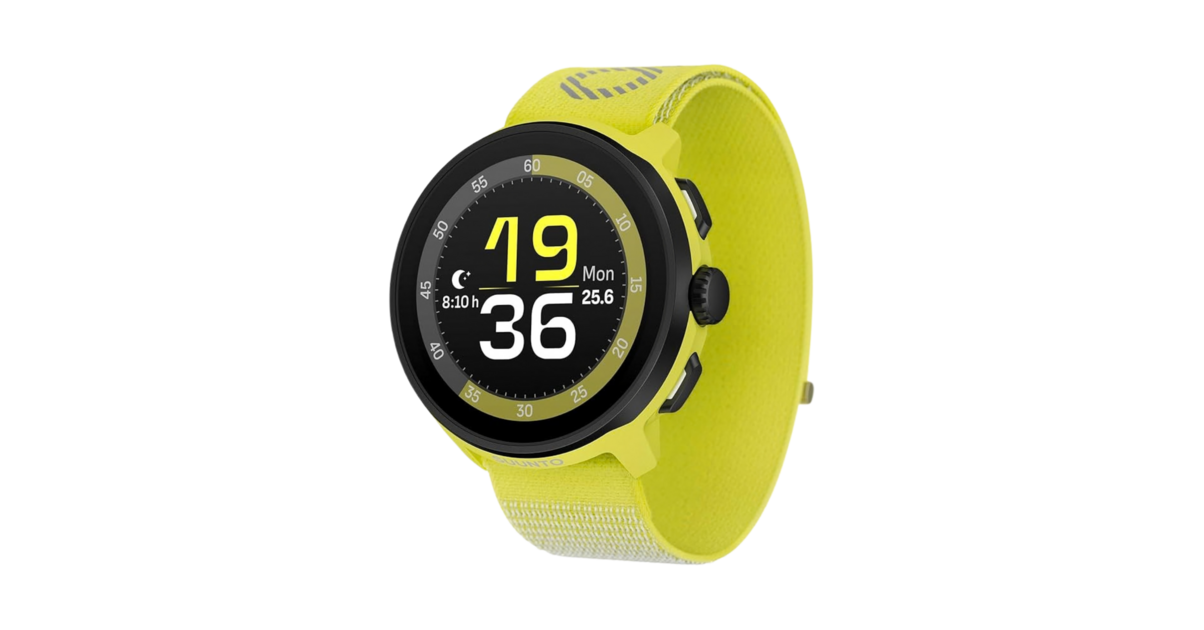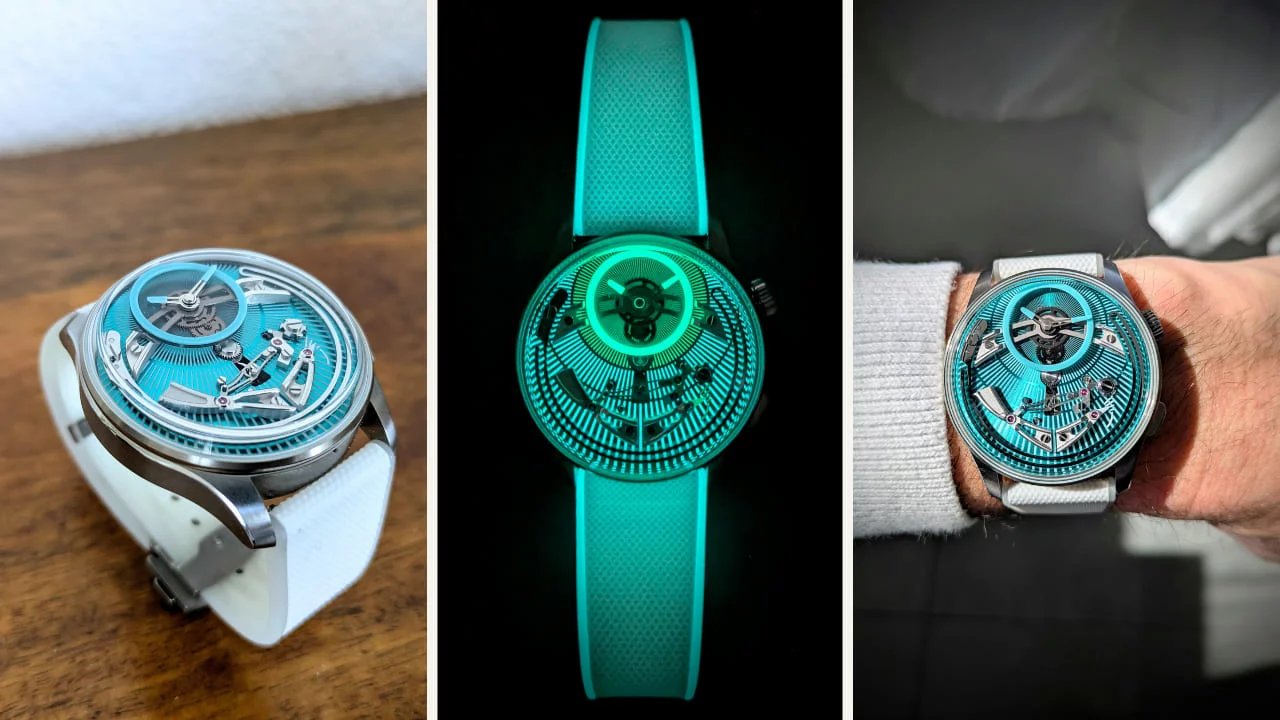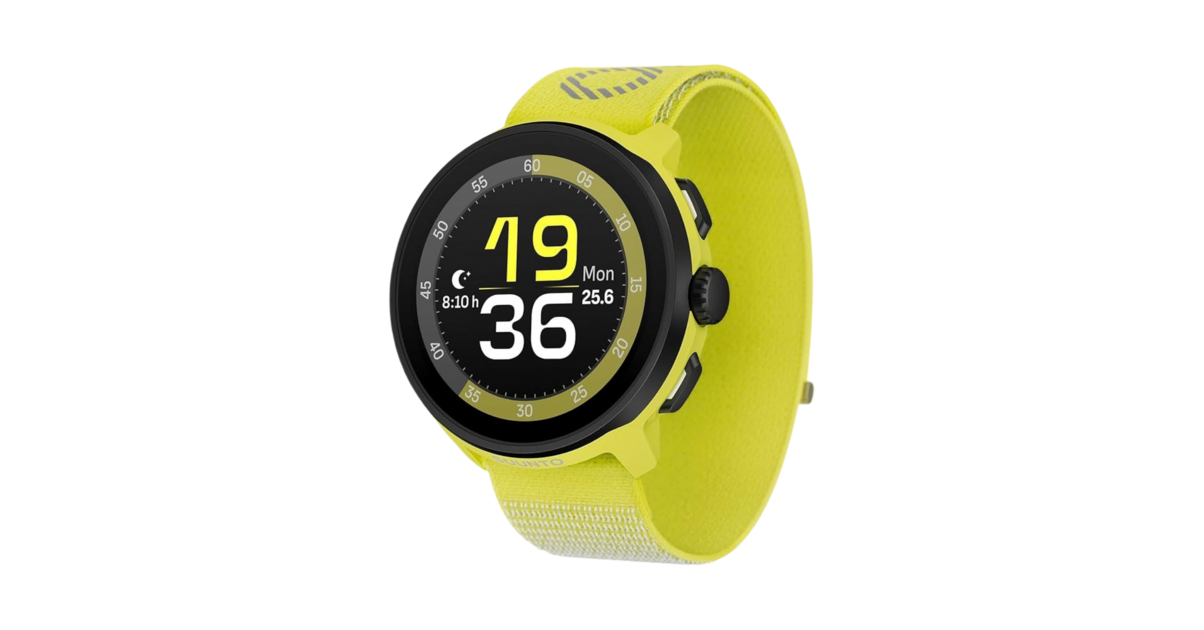Table of Contents
In the watchmaking world, luminescence plays an important role in guaranteeing optimal reading of the time even in low light conditions. Various materials have been used over the years to create this feature so sought after by watch enthusiasts.
We will therefore explore the different luminescent materials used in watches, namely Radium, Tritium and Luminova, while highlighting the advantages and disadvantages of each material.
Radium: the dawn of luminescence
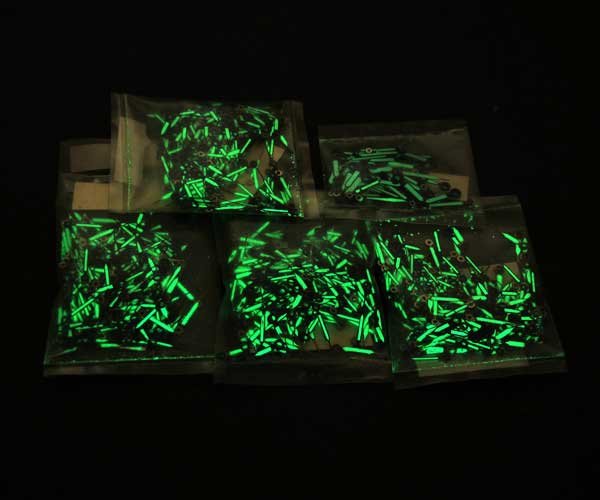
Radium is a radioactive element discovered at the end of the 19th century by Pierre and Marie Curie. Soon it was incorporated into various products, including watches, for its luminescent properties.
Radium was mixed with a phosphorus which reacted to radiation and produced a visible glow in the dark. Watches equipped with radium dials and hands were very popular until the middle of the 20th century, but the risks associated with radioactivity soon put an end to their production.
Benefits of Radium
- A continuous glow without the need for a light source to “recharge” the material
- A very long life, because the half-life of radium is about 1600 years.
Disadvantages of Radium
- The radioactivity of this material poses health risks
- Its production and handling are regulated due to these risks, which makes its use in watches difficult today.
Tritium: an alternative to Radium

In the 1960s, Tritium was introduced as a substitute for Radium in luminescent watches. Tritium is also a radioactive element, but its radioactivity is much lower than that of Radium, which makes it less dangerous to handle.
Just like Radium, Tritium is mixed with a phosphor to create a glow in the dark. Watches fitted with tritium dials and hands are still made today, although their popularity has declined with the advent of non-radioactive materials such as Luminova.
Benefits of Tritium
- A continuous glow without the need for a light source to “recharge” the material
- Significantly reduced health risks compared to Radium
Disadvantages of Tritium
- Although the health risks are lower, there is still some level of radioactivity
- The half-life of Tritium is approximately 12 years, which means that the luminosity of watches fitted with tritium dials and hands will gradually decrease over time.
Luminova and Super-Luminova: modern luminescent materials
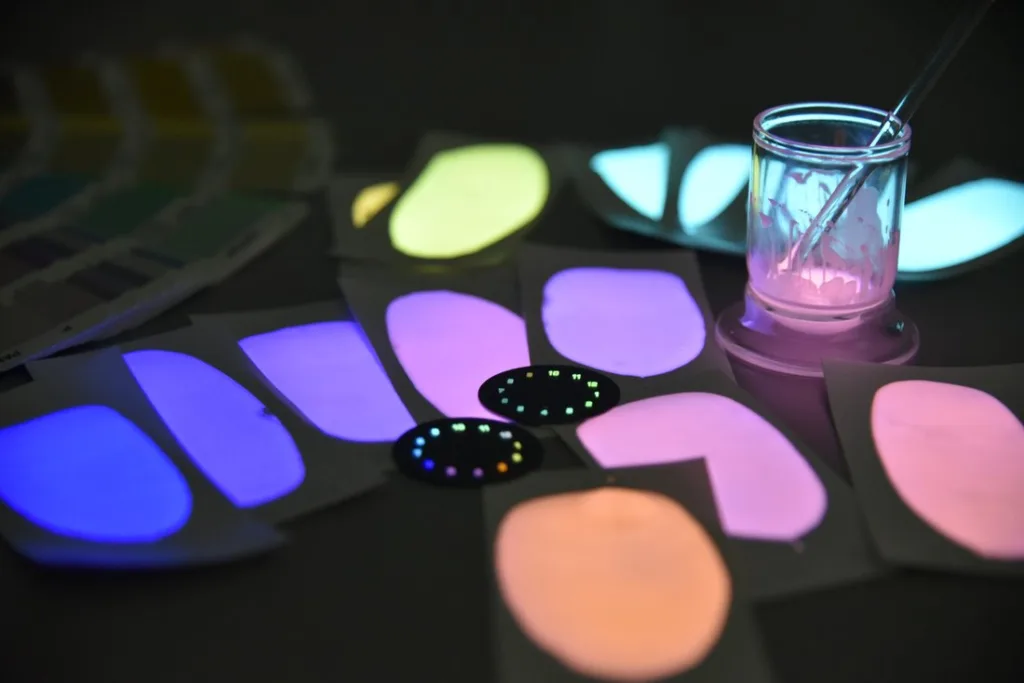
Luminova and Super-Luminova are non-radioactive materials developed in the 1990s in response to the growing demand for safe alternatives to radioactive materials such as Radium and Tritium.
These phosphorescent pigments absorb ambient light and return it as a visible glow when light conditions are low. Watches with Luminova or Super-Luminova dials and hands are very common today due to their safety and performance benefits.
Advantages of Luminova and Super-Luminova
- No health risk from radioactivity
- High brightness that can be easily “recharged” by exposing the watch to a light source for a short time
- Long life without significant loss of brightness
Disadvantages of Luminova and Super-Luminova
- The glow is not continuous and requires a light source to “recharge” it
- Brightness may be slightly lower than watches with Radium or Tritium dials and hands
In summary, each of these luminescent materials has its own advantages and disadvantages. Radium has an important historical place in watchmaking, but its health risks have led to its replacement with less dangerous alternatives like Tritium.
However, it was with the appearance of the Luminova and the Super-Luminova that luminous watches really took a modern and safe turn. Today, most watches use these non-radioactive materials which provide excellent performance while eliminating the risks associated with radioactive materials.
